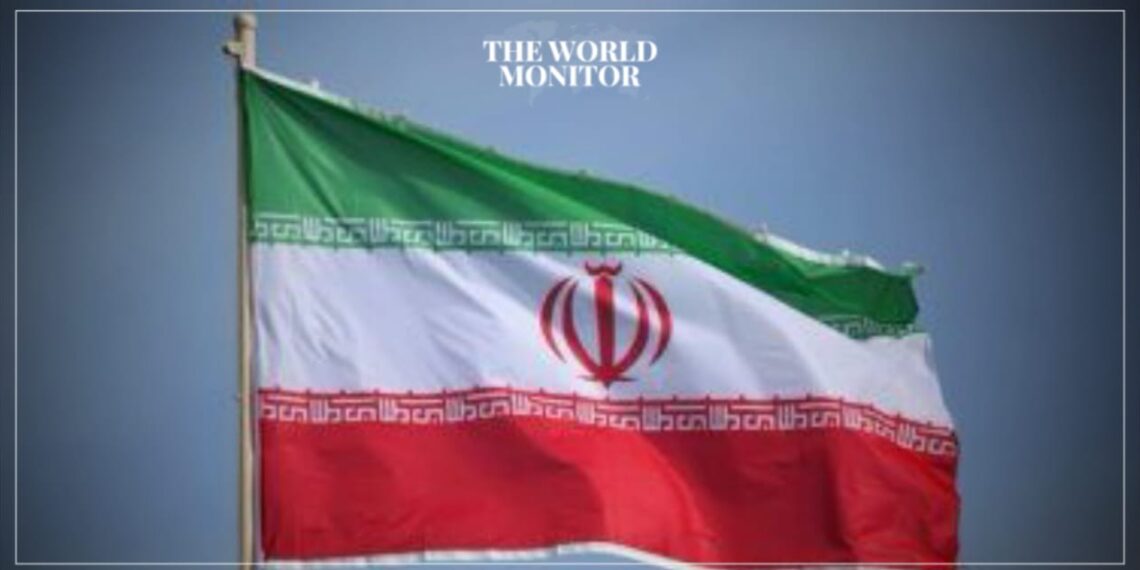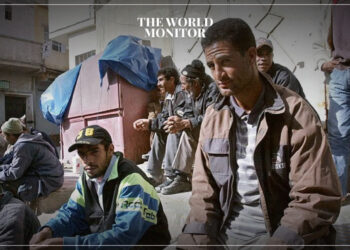Cairo News Channel reported in a breaking news alert that there is a joint statement by France, Germany, and Britain committing them to take all diplomatic steps to prevent Iran from developing nuclear weapons.
The Pentagon stated that Iran is behind all the attacks on American forces in Syria, Iraq, and the Red Sea, emphasizing, “We do not want the conflict in the region to expand,” according to Cairo News Channel. The Pentagon had previously announced that American forces carried out airstrikes against the Houthis in Yemen hours earlier, destroying anti-ship missiles.
Iran’s nuclear program has a complex history that spans several decades, involving clandestine activities, international negotiations, and varying degrees of compliance with international treaties. Despite not possessing nuclear weapons, Iran has the technologies needed to build nuclear warheads and has accumulated a stockpile of highly enriched uranium sufficient for multiple weapons with minimal further enrichment. The program’s secretive nature, dating back to the late 1980s, has raised international concerns and led to diplomatic efforts and sanctions aimed at curbing its nuclear ambitions .
In 2012 and 2013, U.S. officials and intelligence agencies expressed differing views on Iran’s nuclear intentions, with some stating Iran was not actively seeking to develop nuclear weapons while others warned of Iran’s potential to produce weapon-grade uranium. The 2015 Joint Comprehensive Plan of Action (JCPOA) aimed to limit Iran’s nuclear activities and increase transparency, but the U.S. withdrawal from the deal in 2018 and subsequent Iranian non-compliance have complicated the situation. As of 2021, Iran has enriched uranium to levels significantly beyond JCPOA limits, raising concerns about the reversibility of these advances and the feasibility of restoring the benefits of the JCPOA .
The United States and European officials have warned that further advances in Iran’s nuclear program may hinder a return to the JCPOA, as Iran continues to gain knowledge about enrichment and improve its centrifuge performance. Iran’s current stockpile of enriched uranium significantly exceeds the JCPOA’s limits, including quantities enriched to 20 percent and 60 percent, which are closer to weapons-grade uranium. If Iran decided to produce a nuclear weapon, it would need to undertake additional steps, including converting enriched uranium to metal and integrating it into a delivery system. While most of Iran’s JCPOA violations are reversible, the knowledge gained from these activities is not, posing challenges for future negotiations and the monitoring of Iran’s nuclear activities.






